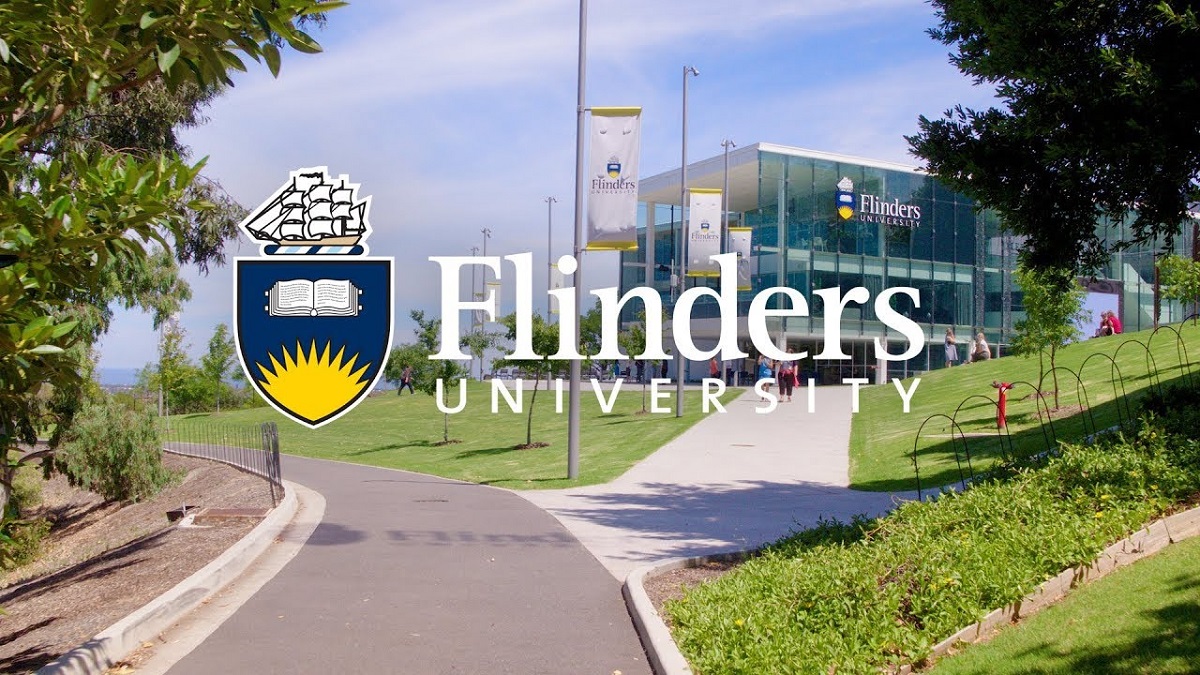University of Copenhagen International PhD Fellowships in Astrophysics in Denmark for 2022/2023
The candidate for the PhD Fellowships in Astrophysics will work on projects to study galaxy evolution through the enrichment of metals and gas flows in the outskirts of high-redshift galaxies.
The PhD project will use data of quasar absorption lines received from the VLT- and partake in developing spectral analyses of quasars for an upcoming large spectroscopic survey.
The PhD Fellowships in Astrophysics project involves processing and analyses of both observational imaging and spectroscopy data and may involve analyses of numerical simulations.
About the University
The University of Copenhagen is a public research university in Copenhagen, Denmark. It was founded in 1479, the University of Copenhagen is the second-oldest university in Scandinavia after Uppsala University, and rates as one of the top universities in the Nordic countries and Europe.
The university establishment approved by Pope Sixtus IV, the University of Copenhagen was established by Christian I of Denmark as a Catholic teaching institution with a predominantly theological principle.
In 1537, the University of Copenhagen was re-established by King Christian III as part of the Lutheran Reformation. Up until the 18th century, the university was mainly concerned with educating clergymen. Through different reforms in the 18th and 19th centuries, the university was converted into a modern, secular university, with science and the humanities replacing theology as the main subjects studied and taught.
The University of Copenhagen comprises six different faculties, with teaching taking place in its four distinct campuses, all situated in Copenhagen.
However, the university operates 36 different departments and 122 separate research centers in Copenhagen, as well as several museums and botanical gardens in and outside the Danish capital.
In addition, the University of Copenhagen also owns and operates multiple research stations around Denmark, with two extra ones located in Greenland.
Also, the Faculty of Health and Medical Sciences and the public hospitals of the Capital and Zealand Region of Denmark constitute the conglomerate Copenhagen University Hospital.
Several prominent scientific theories and schools of thought are namesakes of the University of Copenhagen. The renowned Copenhagen Interpretation of quantum mechanics was developed at the Niels Bohr Institute, which is part of the university.
Furthermore, the Department of Political Science birthed the Copenhagen School of Security Studies, which is also named after the university. Others comprise the Copenhagen School of Theology and the Copenhagen School of Linguistics.
As of January 2022, 9 Nobel laureates, and 1 Turing Award laureate have been affiliated with the University of Copenhagen as students, alumni, or faculty.
Alumni also include one president of the United Nations General Assembly and at least 24 prime ministers of Denmark. The University of Copenhagen boosts entrepreneurship, and between 5 and 6 start-ups are established by students, alumni, or faculty members each week.
The University of Copenhagen is managed by a board consisting of 11 members: 6 members recruited outside the university form the majority of the board, 2 members are appointed by the scientific staff, 1 member is appointed by the administrative staff, and 2 members are appointed by the university students.
Benefits
The University of Copenhagen PhD Fellowships in Astrophysics will offer a salary of DKK 6,397 before tax.
Requirements for University of Copenhagen PhD Fellowships in Astrophysics
To be qualified for the integrated PhD Fellowships in Astrophysics,
- You must have completed a degree program, equivalent to a Danish master’s degree (180 ECTS/3 FTE BSc + 120 ECTS/2 FTE MSc) related to the subject area of the project, e.g. in astronomy or astrophysics.
- You are (or are qualified to be) registered at one of the faculty’s master’s programs in physics or astrophysics.
- Scholars in the integrated program will enroll as PhD students simultaneously with completing their enrollment in this MSc degree program.
How to Apply for PhD Fellowships in Astrophysics
Interested and qualified for PhD Fellowships in Astrophysics, apply here.
The Application Deadline for the Scholarship is June 26, 2022
Not interested in this particular scholarship? See other Denmark scholarships here








